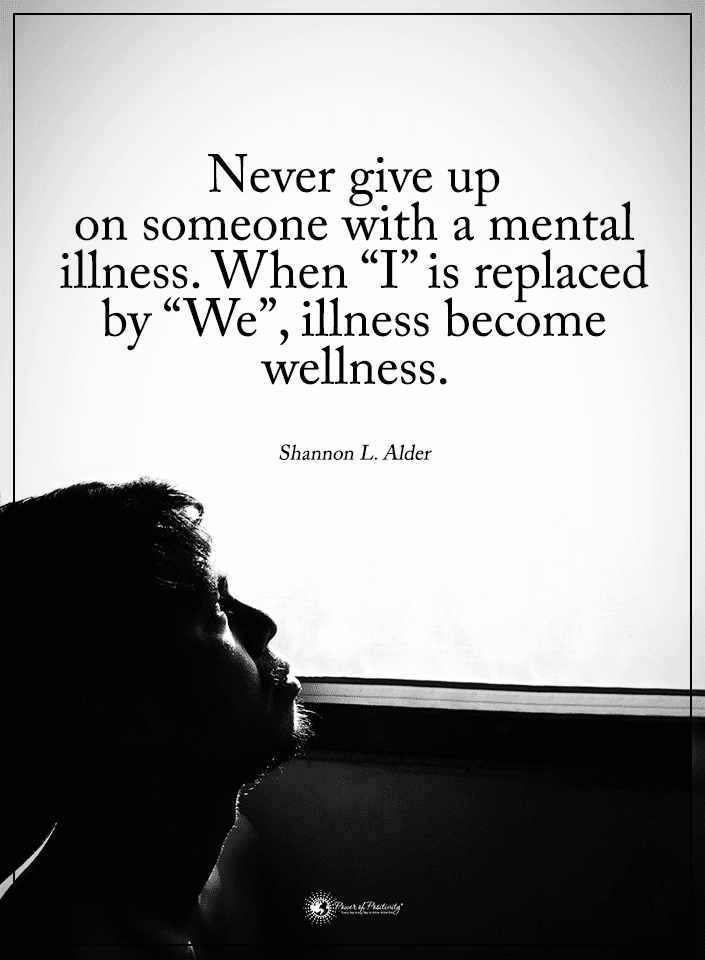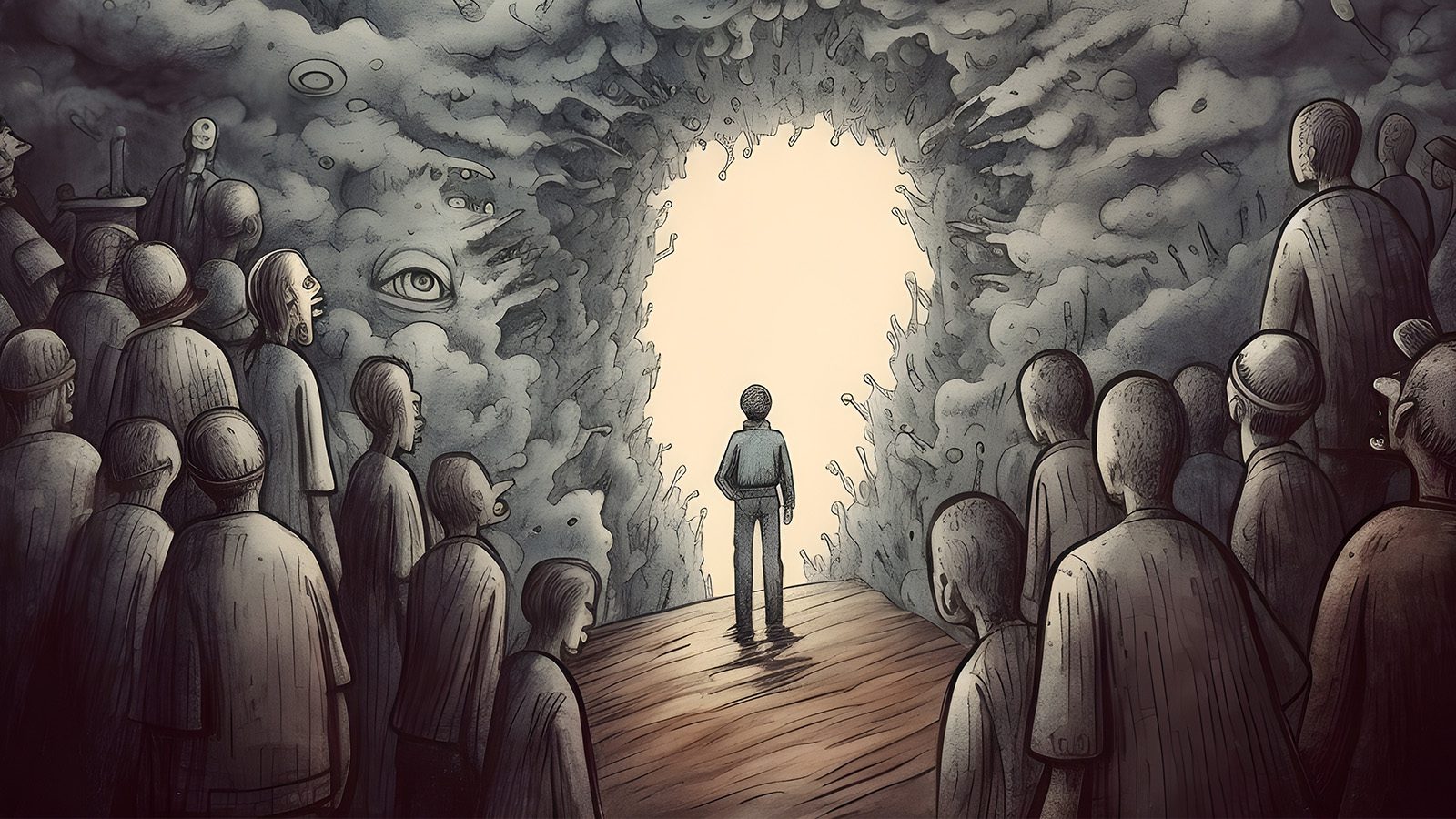Depression is defined by The National Institute of Mental Health as, “a common but serious mood disorder. It causes severe symptoms that affect how you feel, think, and handle daily activities, such as sleeping, eating, or working.”
Symptoms associated with depression are numerous and include:
- Persistent sad, anxious, or “empty” mood
- Feelings of hopelessness or pessimism
- Irritability
- Feelings of guilt, worthlessness, or helplessness
- Loss of interest or pleasure in hobbies and activities
- Fatigue or decreased energy
- Moving or talking more slowly
- Feeling restless or having trouble sitting still
- Difficulty concentrating, remembering, or making decisions
- Difficulty sleeping, early-morning awakening, or oversleeping
- Appetite or weight changes
- Thoughts of death or suicide, or suicide attempts
- Aches or pains – headaches, cramps, or digestive problems without a clear physical cause (which do not ease with treatment)
Some people suffering from depression experience all these symptoms, while some have only a few. The symptoms can fluctuate over time as well, making it a very persistent and difficult disorder to live with and treat. Globally, more than 300 million people suffer from depression, making it the most common mental disorder and leading cause of disability, according to the World Health Organization (WHO).
“Zion Research has published a new report titled ‘Depression Drug Market: Global Industry Perspective, Comprehensive Analysis and Forecast, 2014-2020.’ According to the report, the global depression market was valued at USD 14.51 billion in 2014 and is expected to generate revenue of USD 16.8 billion by end of 2020.” – GlobalNewswire, a Nasdaq company
While many people find relief in therapy or through taking antidepressants, some prefer a more natural approach. Below, we’ll go over a few supplements that many people overlook that could help ease symptoms of depression.
Here are 4 supplements that can help with depression:
(*Note: Please always consult with a medical professional before starting a new supplement.)
1. St John’s Wort
Easily the most common natural remedy for depression, St. John’s Wort has shown effectiveness in treating mild to moderate depression. In a Cochrane review of 29 clinical studies, researchers found that it works just as well as antidepressants in alleviating symptoms of depression (without all the nasty side effects). Many people who use St. John’s wort take three capsules per day to help with symptoms. However, if you choose this treatment, make sure to find a high-quality, organic supplement if possible.
Keep in mind that serious depression may require conventional medicine and therapy and that St. John’s wort will not be as effective in treating this type of depression. Also, St. John’s wort can limit the effectiveness of some antidepressants, so consult with your doctor before adding this supplement to your daily health routine.
2. 5-HTP
Depression is caused in part by low levels of serotonin in the brain, and 5-HTP can help you to produce more serotonin. Many scientists consider it a more natural form of antidepressant since it works in the same way. 5-HTP is a vital component in the production of serotonin.
Manufacturers obtain 5-HTP from the ground seeds of the griffonia simplicifolia plant. However, keep in mind that there are limited studies about 5-HTP in the treatment of depression. What is more, usage can cause side effects. Nonetheless, a review of studies has shown that 5-HTP works better than a placebo in treating depression.
3. SAMe (S-adenosyl-L-methionine)
SAMe, pronounced “Sammy”, is a chemical manufactured in the liver, and involved in over 40 metabolic processes. These function include the synthesis of neurotransmitters such as dopamine in the brain. While research is ongoing about how SAMe works to regulate mood, researchers believe it helps regulate neurotransmitters in the brain.
Studies have found that taking up to 1600 mgs of SAMe daily prove more effective than a placebo and are just as effective as tricyclic antidepressants in treatment. It might work more quickly than antidepressants, which can sometimes take a couple months before patients start noticing positive effects. However, SAMe is not recommended for people with bipolar disorder because it can cause mania.
4. Folate or L-methylfolate
If you have depression, you might want to talk with your doctor about doing a blood test for nutrient deficiencies. Many people with depression have low folate levels.
In research studies, patients with depression who added folate or L-methylfolate supplements in addition to taking antidepressants or going to therapy attained better results than people who used antidepressants and a placebo.
Final thoughts
Supplements can either replace your current antidepressant therapy or add to them; however, remember to consult with your doctor before taking any herbal supplements to see how they might interact with your current medication.















